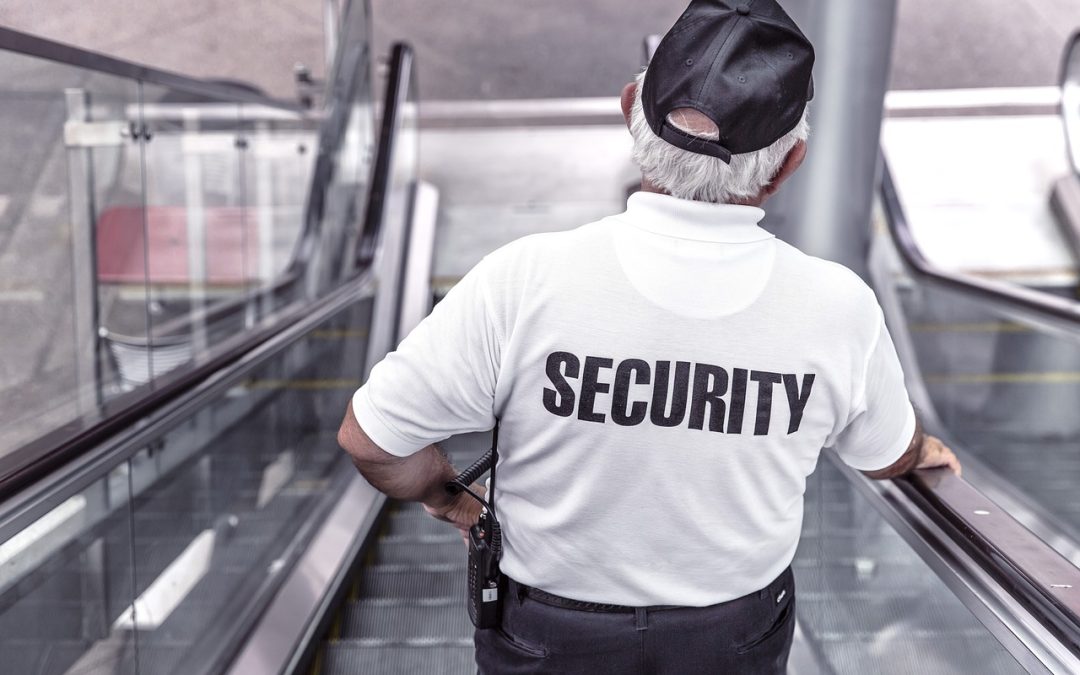Every day, police officers walk through neighborhoods, engaging with residents and responding to calls. Sometimes, they might glance into your trash cans, raising questions about privacy and police powers. It’s essential to understand your rights and how to interact with law enforcement when it comes to searching your trash cans.
The Fourth Amendment and Reasonable Expectation of Privacy
The Fourth Amendment protects against unreasonable searches and seizures, requiring law enforcement to obtain a warrant based on probable cause. However, the Supreme Court has established that individuals have a reduced expectation of privacy when it comes to discarded items, including trash.
In the 1988 case California v. Greenwood, the Court ruled that police can search trash left at the curb without a warrant, as the individual has effectively abandoned any expectation of privacy. This decision has been applied to varying degrees across different jurisdictions.
Practical Considerations for Interacting with Police
If an officer approaches your trash cans or asks to search them, it’s crucial to remain calm and composed. Remember:
- Stay calm and polite: Avoid confrontations or arguments, as these can escalate the situation.
- Ask if they have a warrant: If they don’t, you can refuse permission for the search.
- Don’t give consent: Refrain from giving verbal or written consent for the search, as this can be seen as waiving your Fourth Amendment rights.
- Know your local laws: Familiarize yourself with specific state or local regulations that may provide additional protections or requirements.
Asserting Your Rights
Knowledge is power. Information is liberating. Education is the premise of progress, in every society, in every family.
While it’s crucial to assert your rights, it’s equally important to prioritize safety and de-escalation. If you’re unsure about the legitimacy of the search, ask to speak with a supervisor or seek legal counsel. Remember that law enforcement officers are human beings, too, and respectful communication can go a long way in resolving the situation peacefully.
Stay informed about local laws, engage in open dialogue with your community, and prioritize safety above all. By doing so, you’ll be better equipped to asserting your rights while maintaining a positive relationship with law enforcement.
The information at Observed.Org may not pertain to every jurisdiction. It is YOUR responsibility to know your rights and observe them. Nothing here should be considered legal advice.

